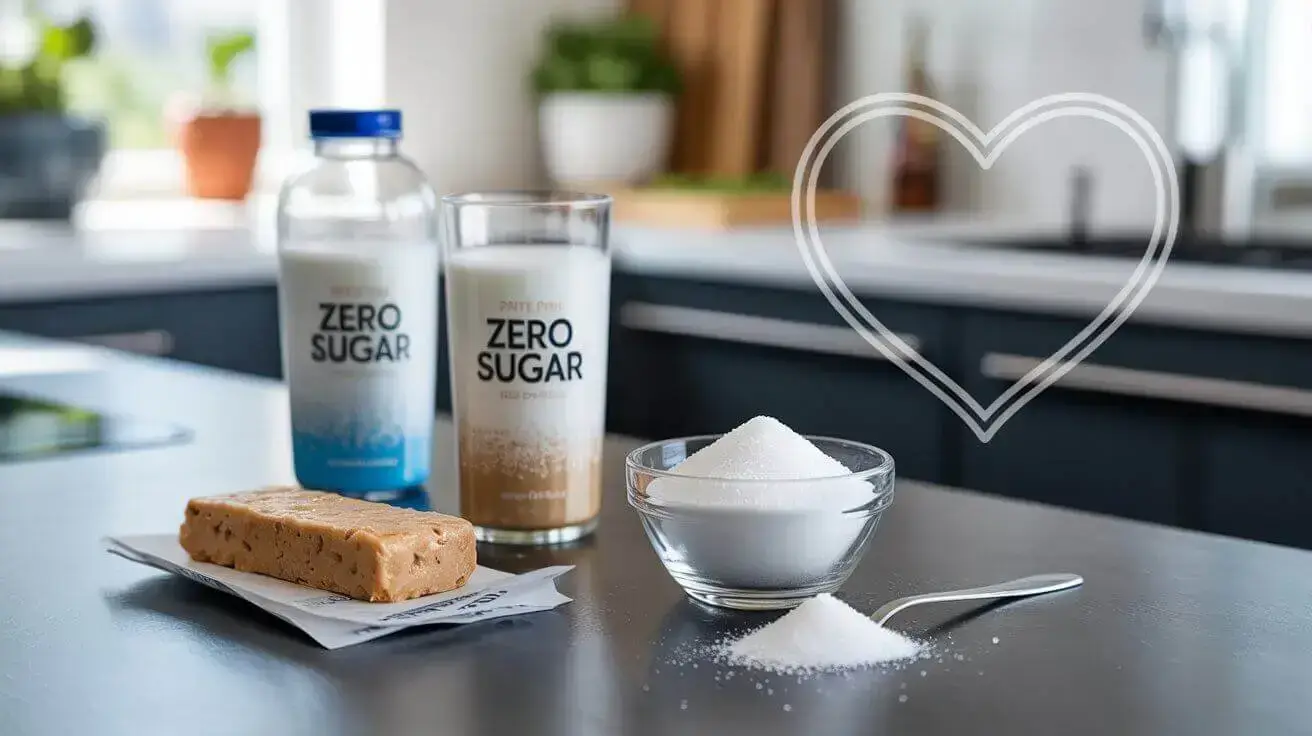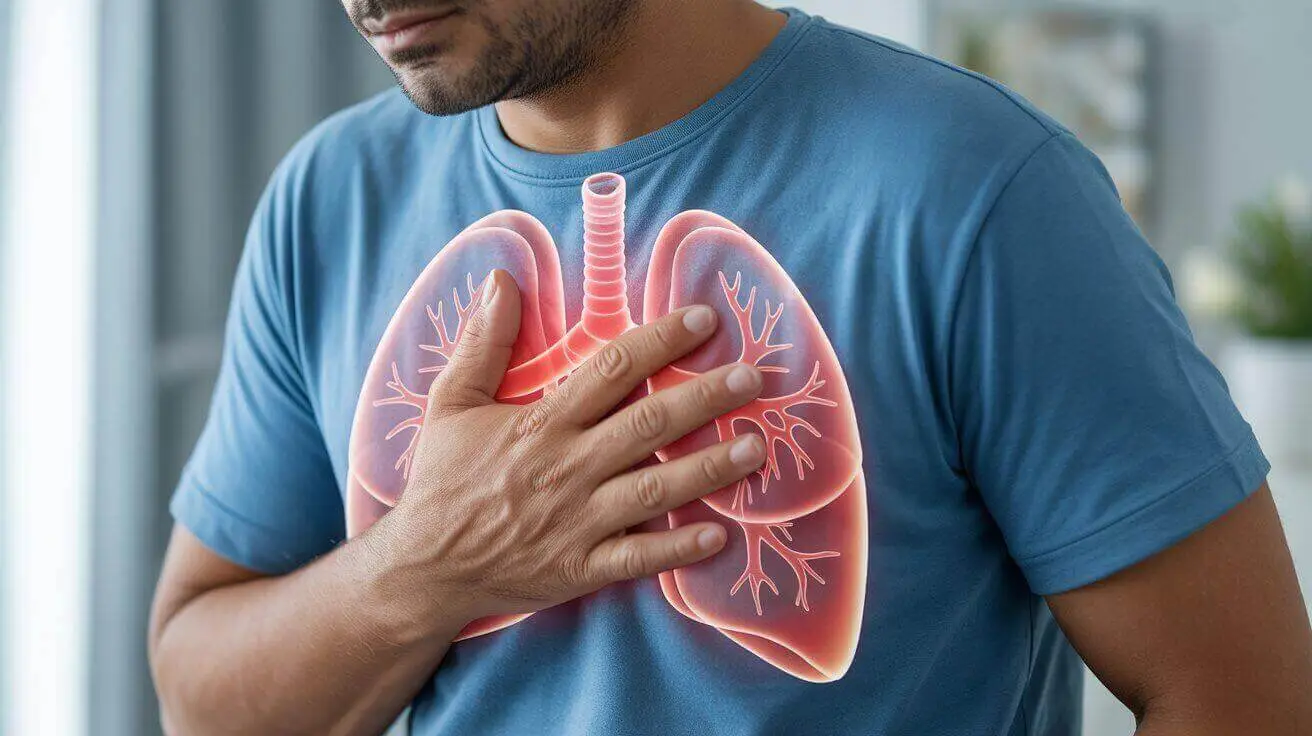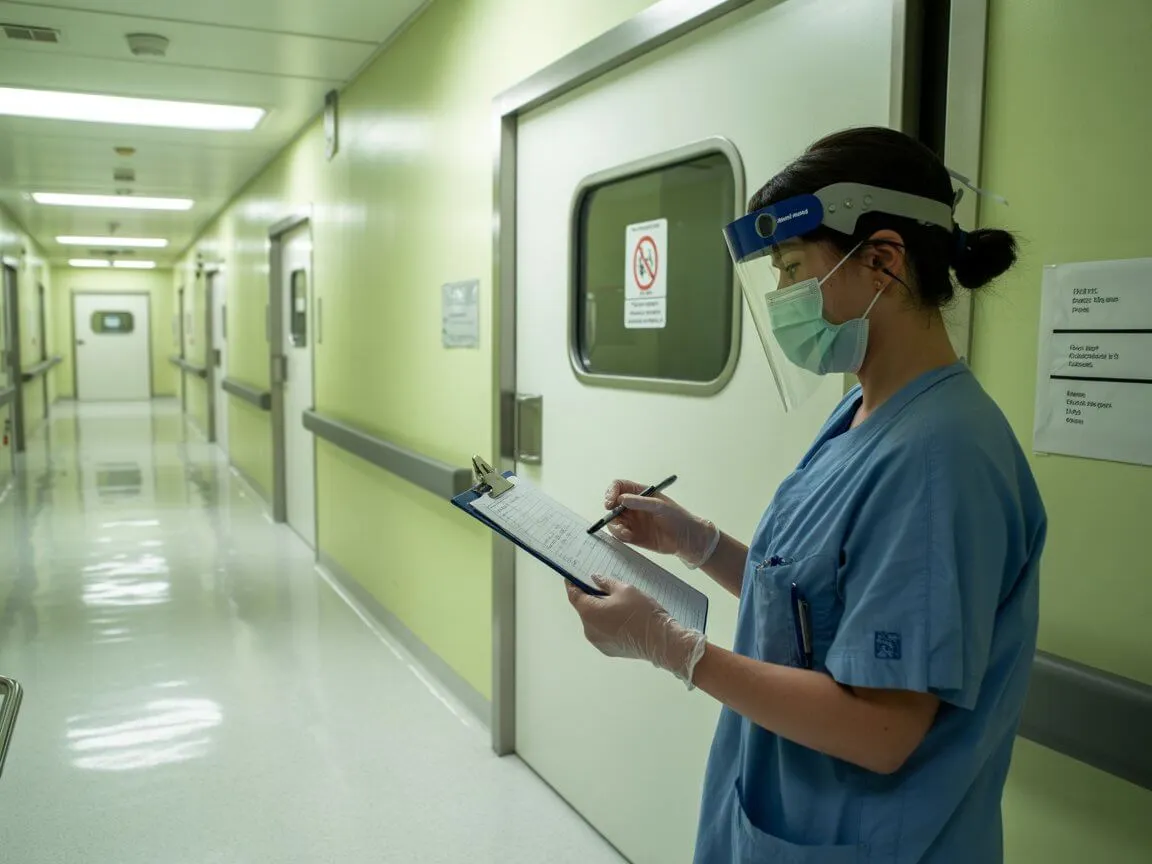It’s 3 PM on a Tuesday, and the feeling is all too familiar. The morning’s energy has vanished, replaced by a persistent brain fog. You’re finding it harder to stay focused at work, your motivation for the gym has been waning for weeks, and you just feel… off. It’s easy to blame stress or a poor night’s sleep, but sometimes, these subtle signs point to something deeper. Before jumping to conclusions, it’s empowering to know that understanding how to increase testosterone naturally is often rooted in your daily habits. Making strategic, science-backed lifestyle changes holds the key to supporting and optimizing your body’s hormone production.
Understanding the Subtle Signs of Low Testosterone
Testosterone is the primary male sex hormone, but it plays a vital role in both men’s and women’s health. Produced mainly in the testicles in men, it’s responsible for regulating libido, muscle mass, fat distribution, and the production of red blood cells. Levels typically peak in early adulthood and gradually decline with age, roughly 1% per year after age 30. However, modern lifestyle factors—like poor diet, chronic stress, and a sedentary routine—can accelerate this decline, impacting your vitality long before you expect. The good news is that the systems that regulate testosterone are highly responsive to positive inputs. Think of it as a finely tuned engine; give it the right fuel and maintenance, and it will perform optimally.
Why Natural Methods Are Your Safest First Step
While medical treatments like Testosterone Replacement Therapy (TRT) exist, they are not without risks and are typically reserved for clinical diagnoses of hypogonadism. For the vast majority of men experiencing a gradual decline, focusing on foundational health is the most effective and sustainable approach. It addresses the root causes of low testosterone, rather than just masking the symptoms. Here are five evidence-based strategies that answer the question of how to increase testosterone naturally.
1. Use Strength Training: The Best Exercise to Increase Testosterone
If you could only choose one strategy, this would be it. Physical activity, particularly resistance training (like weightlifting), is one of the most potent ways to boost testosterone. Studies have shown that both short-term and long-term exercise routines significantly increase hormone levels.
- Focus on Compound Lifts: Exercises that engage multiple large muscle groups, such as squats, deadlifts, bench presses, and overhead presses, are most effective.
- Incorporate HIIT: High-Intensity Interval Training (HIIT) has also been shown to provide a significant hormonal boost. This involves short bursts of all-out effort followed by brief recovery periods.
2. Optimize Your Diet: Foods That Boost Testosterone
Your diet is the raw material for hormone production. Severe calorie restriction or diets that eliminate entire macronutrient groups can disrupt your endocrine system.
- Don’t Fear Healthy Fats: Cholesterol is a precursor to testosterone, so including healthy fats from sources like avocados, olive oil, nuts, and seeds is essential.
- Balance Your Macros: Ensure a balanced intake of protein, carbohydrates, and fats. Protein is crucial for muscle health, and carbs help manage cortisol levels during and after training, which indirectly supports testosterone.
- Maintain a Healthy Weight: Obesity is one of the strongest predictors of low testosterone. Excess body fat, particularly around the abdomen, increases the activity of an enzyme called aromatase, which converts testosterone into estrogen. Losing weight is a powerful lever for raising testosterone levels.
Also read: Is lemon water really a health miracle—or just hype?
Discover what science actually says in Lemon Water Benefits: What Science Really Says.
3. Make Deep, Restorative Sleep Non-Negotiable
You can’t out-train or out-eat a poor sleep schedule. Your body produces the majority of its testosterone during sleep. Research from the University of Chicago found that just one week of sleeping only five hours per night reduced daytime testosterone levels by 10-15% in healthy young men.
- Aim for 7-9 Hours: This is the sweet spot for most adults.
- Improve Sleep Quality: Create a dark, cool, and quiet environment. Avoid screens (phones, TVs, computers) for at least an hour before bed, as the blue light can disrupt melatonin production and sleep cycles.
4. Master Your Stress to Balance Your Hormones
In our high-pressure world, chronic stress is a silent hormone killer. When you’re constantly stressed, your body pumps out high levels of cortisol. This hormone has an inverse, seesaw-like relationship with testosterone: when cortisol is high, testosterone tends to go down.
- Practice Mindfulness: Activities like meditation, deep breathing exercises, or even a quiet walk in nature can help lower cortisol.
- Set Boundaries: Learn to say no and protect your time to prevent burnout.
5. Correct Key Nutrient Deficiencies
While a balanced diet is key, two micronutrients are particularly important for testosterone production:
- Vitamin D: Often called the “sunshine vitamin,” it functions as a steroid hormone in the body. Studies suggest that men with Vitamin D deficiency are more likely to have low testosterone. Sensible sun exposure and, if necessary, supplementation (after consulting a doctor) can help.
- Zinc: This mineral is essential for testosterone production, and a deficiency can lead to a drop in levels. Zinc-rich foods include red meat, shellfish (especially oysters), and pumpkin seeds.
A Holistic Journey Back to Vitality
Reclaiming your energy and vitality isn’t about finding a magic pill. The path for how to increase testosterone naturally is a holistic commitment to your well-being. By integrating these five pillars—exercise, nutrition, sleep, stress management, and targeted nutrients—into your daily life, you are not just supporting your testosterone levels; you are building a resilient foundation for long-term health. Start with one or two changes that feel manageable, and build from there. Your body has an incredible capacity to heal and optimize itself when given the right tools.
Source & Further Reading
For those interested in the science behind lifestyle changes and testosterone, this study provides valuable insights into how exercise and dietary modifications can make a significant impact:
- Testosterone Physiology in Resistance Exercise and Training. Sports Medicine. 2010. https://link.springer.com/article/10.2165/11536910-000000000-00000










